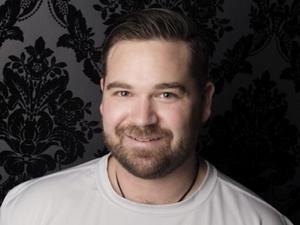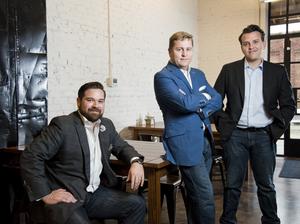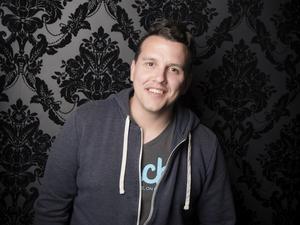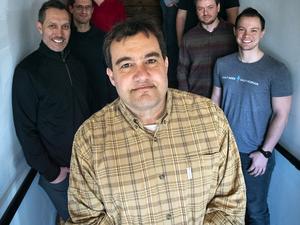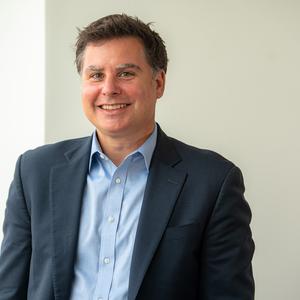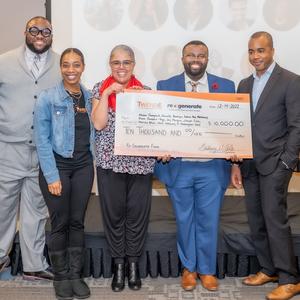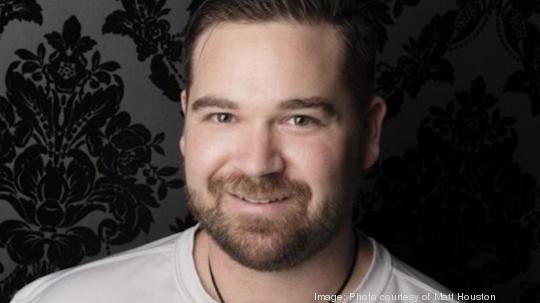
Last year, Beachy co-founder and former CEO Matt Houston launched Clandestine Capital, along with Nashville real estate developer Sam Patel, immigration lawyer Div Gopal and an undisclosed fourth founder. The goal was simple: In a tech scene dominated by health care startups and health care investors, find early-stage non-health care startups in need of funding. Houston said Clandestine has developed a network of local investors interested in “high risk, high reward” opportunities outside of health care. The group plans to raise four to eight funds a year ranging from $500,000 to $2 million, that are tied to one or more specific startups in the Southeast. The group made its first investment in October in Nashville-based restaurant and hospitality tech platform FOH&BOH (which stands for front-of-house and back-of-house). We recently sat down with Houston to learn what hurdles he faced when raising money for Beachy and how Oracle and Amazon could change Nashville’s startup funding landscape.
Why did you and your partners start Clandestine Capital? As a Nashville-based non-health care founder of a technology startup, I realized there was a gap in the market when it comes to truly early-stage opportunities. I ended up raising from a large group of individual angels separately, in order to get through the earliest stages of Beachy, alongside personal capital and family investments. That’s a very time consuming and expensive way to raise capital. After leaving Beachy, I realized Nashville is wanting to become the next top-tier technology city, but to do that, we have to have the capital there to support all the non-health care opportunities that exist in the startup, tech world.
What hurdles did you face in Nashville when raising capital for Beachy? Inconsistency with terminology. Some people who say they are early stage [investors] may be looking for multiple millions of dollars in [annual recurring revenue.]
Why is it harder for a non-health care startup to raise money in Nashville? Nashville is a wonderful health care hub, and we should all be proud of that. It’s also got a lot of resources allocated to music and music-tech, for obvious reasons. So, there are resources … around town when it comes to mentorship and capital and when it comes to the insiders of these spaces, who know it through and through and helped build the [health care and music] industries. We’re just now getting to see the opportunities in fin-tech, travel-tech and construction technology. They’re starting to pop up around here. They have real exciting opportunities, and the capital needs to be available for them locally … even though they aren’t going to be the company that eventually ends up owned by HCA [Healthcare Inc.]
What’s Nashville’s fundraising landscape missing? There’s a lot of great people in the Nashville funding community and I’ve learned a lot from them. I think there is a disconnect between some of the angels in town that are of high-net worth and interested in deals and the startups that are interested in raising early stage, even as early as pre-product stage capital. That is where we saw an opportunity. There is more and more tech talent coming to town. There is more and more entrepreneurs, who have experience, popping up around town. … But the gap in opportunities is in the capital, so [startups] can get to a series A and get to venture capital or private equity [funding.]
How can Nashville attract more outside capital to invest in Nashville companies? We need to continue having big wins. We need to continue showing that the Nashville technology community can produce results. …We need companies like Kindful, that have big-sized exits, where the founders stick around and mentor younger entrepreneurs and guide them through the midfield of early-stage tech development. And we need non-health care companies to continue having good-sized returns to their investors.
Will the presence of Amazon and possibly Oracle change Nashville’s funding landscape? This is great news for Nashville because it will produce a supply and demand curve where we need more talent to move to town. Once we’ve weathered the storm of fighting with large companies over the best talent in town, there will be new talent coming, there will be talent that prefers the culture of a startup over the enterprise culture.
